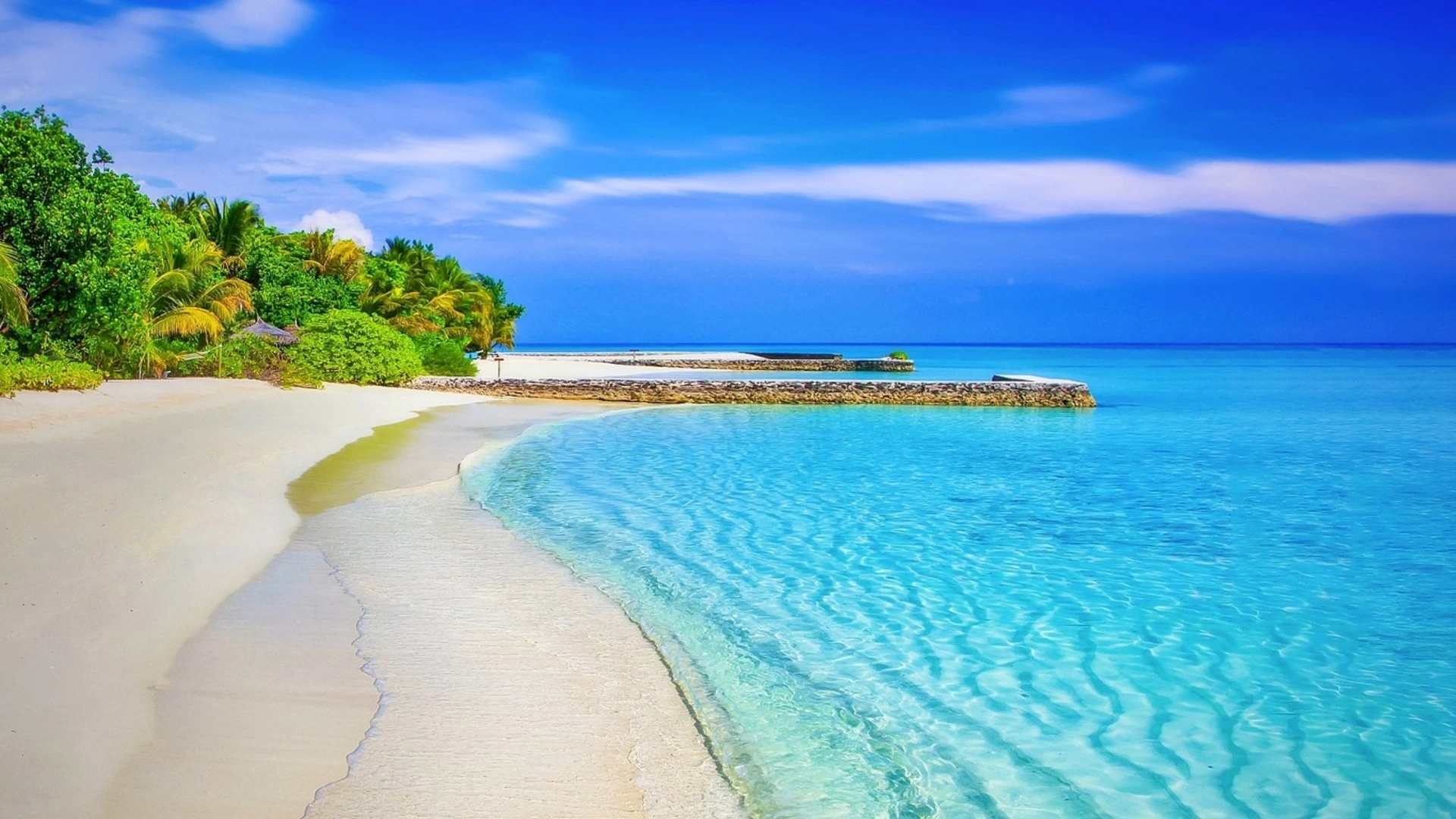
When people think of the Kenyan coast, they often imagine Mombasa, Diani, or Malindi. But hidden quietly along the northeastern shores of Kenya is Lamu Island, a small, peaceful paradise that feels like a step back in time.
Lamu isn’t just another beach destination. It’s magical, slow-paced, and full of history, with white sand beaches, old Swahili architecture, donkeys instead of cars, and a calm vibe you won’t find anywhere else. For travellers looking for something different — something real — Lamu Island is the perfect coastal escape.
Where Is Lamu Island?
Lamu is located on the northeastern coast of Kenya, close to the border with Somalia. It’s part of the Lamu Archipelago, a group of small islands in the Indian Ocean. The main island — Lamu Island — is home to Lamu Town, which is a UNESCO World Heritage Site.
You can reach Lamu by taking a flight from Nairobi to Manda Airport. From there, a short boat ride will take you to the island itself. No cars, no rush, just boats, sea breeze, and silence.
First Impressions: A Place That Time Forgot
The moment you step onto Lamu Island, you feel something different. It’s quiet, slow, and deeply charming. The narrow alleys of Lamu Old Town are full of character — ancient wooden doors, coral stone houses, and friendly locals dressed in traditional Swahili clothing.
There are no cars on the island. People walk, use donkeys, or take small boats (called dhows) to get around. This makes Lamu one of the most peaceful places you’ll ever visit.
The sounds are different too — no horns or traffic noise. Just the sound of waves, footsteps, birds, and the occasional call to prayer from the mosques.
A Walk-Through History
Lamu Old Town is more than 700 years old, and you can feel the history in every wall. The island was once a major trading hub for Arabs, Persians, Indians, and Europeans. It became a strong centre of Swahili culture, and that culture is still alive today.
Walk through the old streets and you’ll see beautiful architecture — carved wooden doors, balconies, and narrow alleyways built for foot traffic and donkeys. Visit the Lamu Museum, the Swahili House Museum, and the Lamu Fort to learn more about the island’s past.
The people of Lamu are proud of their heritage. They speak Kiswahili, follow strong Islamic traditions, and are very welcoming to visitors.
Relaxing Beaches & Dhows at Sunset
If you came for the beach life, Lamu will not disappoint. The main beach, Shela Beach, is long, wide, and often empty. It’s perfect for walking, sunbathing, or just sitting and watching the tides roll in.
One of the most magical things you can do in Lamu is take a sunset dhow cruise. A dhow is a traditional sailing boat used on the East African coast. As the sun sets, you’ll glide across the calm waters, often with snacks, soft drinks, or even a BBQ on board.
It’s peaceful, beautiful, and romantic — a moment you’ll always remember.
Swahili Food: Simple, Fresh & Delicious
Lamu is also a food lover’s paradise — if you enjoy fresh seafood and spices.
Popular dishes include:
Most meals are simple but rich in flavour. You can eat by the beach, in local homes, or cozy cafes. If you like to cook, many guesthouses offer Swahili cooking classes too!
Where to Stay in Lamu
Lamu has a mix of budget stays and boutique hotels. Many are built in the traditional Swahili style with open rooftops, ocean views, and lots of natural light.
Popular places include:
Many of these places serve home-cooked meals and help you connect with local guides, boat rides, or island tours.
Local Life: Festivals & Daily Culture
Lamu isn’t just for tourists. It’s home to real, everyday people living traditional lives. If you time your visit well, you might catch one of the local festivals:
These events give you a deeper look at the culture and traditions of Lamu’s people. It’s not just sightseeing — it’s experiencing.
Responsible Tourism: Respect the Culture
Lamu is a Muslim community, so it’s important to dress modestly and respect local customs. Swimwear is fine at the beach, but when walking through town, cover your shoulders and knees, and always ask before taking someone’s photo.
Tourism helps Lamu’s economy, but it should also protect and respect the culture and people. Supporting local shops, eating at family-run places, and hiring local guides makes a big difference.
Why Lamu Is a Perfect Escape
In today’s world, most places are busy, modern, and fast. But Lamu stays calm, traditional, and real. It offers you:
Whether you’re coming from Uganda or elsewhere in East Africa, Lamu is easy to reach and hard to forget.
Lamu Island is Kenya’s best-kept coastal secret. It’s not loud, not flashy, and not crowded. But it’s rich — in culture, beauty, and soul.
If you’re looking for a different kind of beach holiday, something more meaningful and peaceful, Lamu is waiting.
Pack light, bring an open heart, and get ready to walk the old streets, taste the spices, sail into the sunset, and feel the rhythm of island life — slowly, quietly, and beautifully.